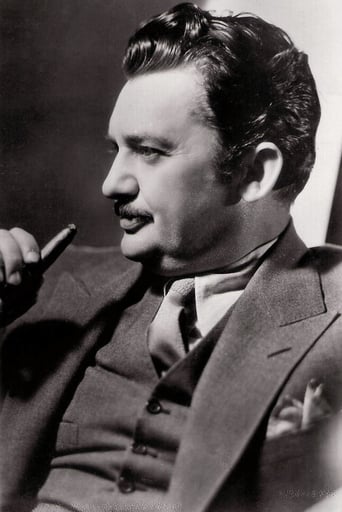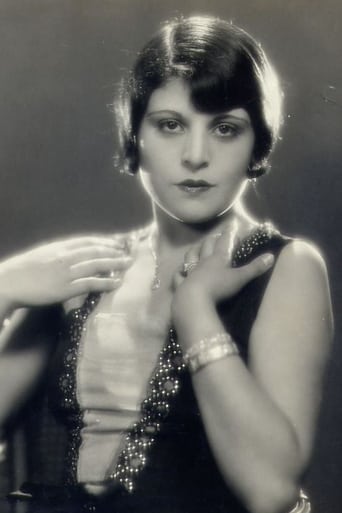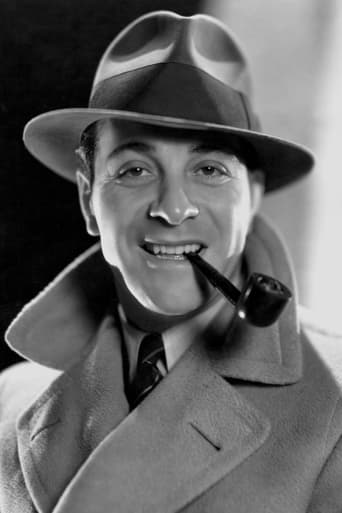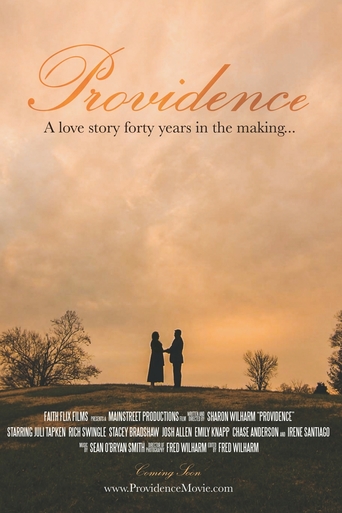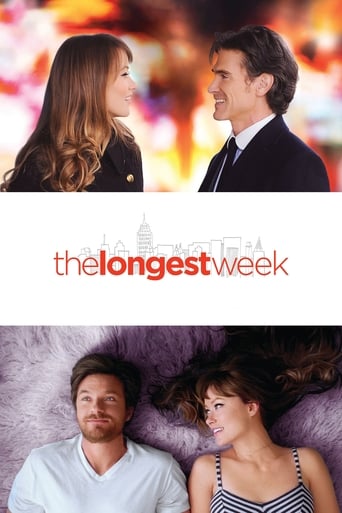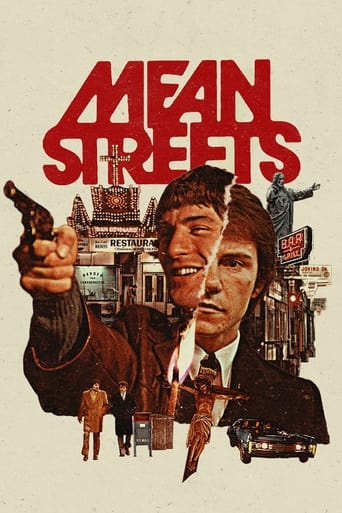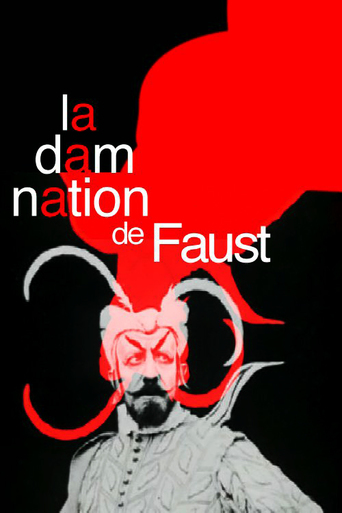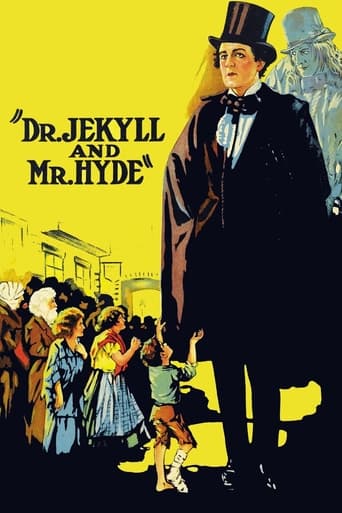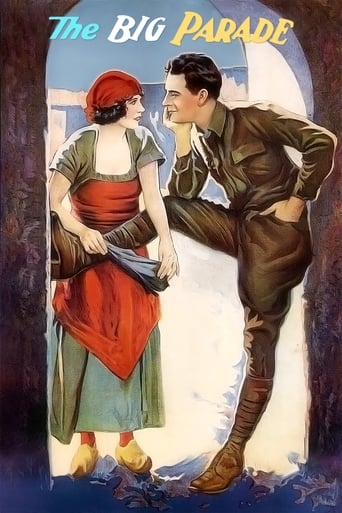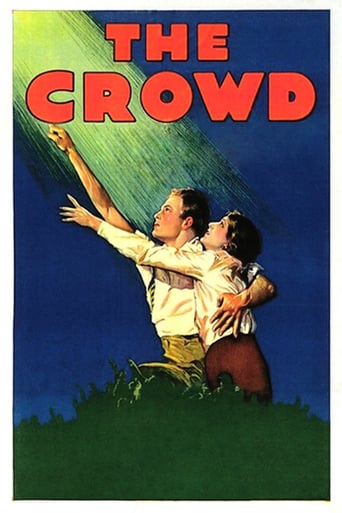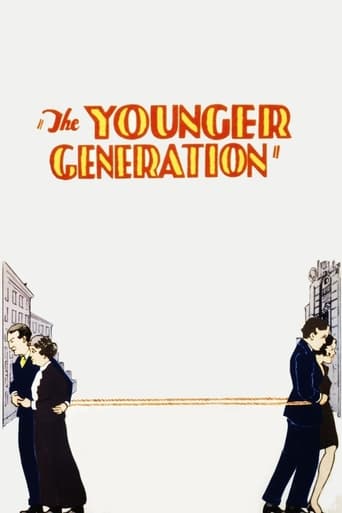
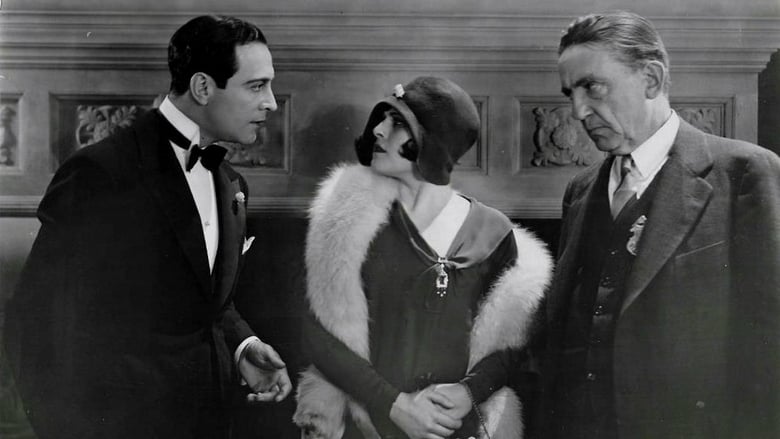
The Younger Generation (1929)
Soap-opera about a social-climbing Jewish man and his old-world parents who are heartbroken by his rejection of them. Young Morris Goldfish follows his immigrant father into business. His ruthless business practices cause him to become a big success, and he moves the family to Park Avenue. They go, but were happier back on the East Side. Morris is ashamed of this parents and his humble origins, but learns in the end that there is more to life than money.
Watch Trailer
Cast


Similar titles
Reviews
A young Frank Capra slips easily into a milieu you wouldn't expect him to have much feel for--the Jewish Lower East Side--in this early talkie, adapted from a Fannie Hurst novel. Hurst wrote soap operas that validated the feelings of the common woman, but here she's more intent on portraying immigrant Jews, a subculture most of America probably knew and thought little about, with dignity and empathy. And the histrionics are effective. Capra always had a way with actors, and he helps Jean Hersholt, as the stuck-in-his-ways paterfamilias, and Lina Basquette, as a feisty but sympathetic daughter, to their best performances. Ricardo Cortez is more of a natural as the son than you think--he was born Jake Krantz. The early-talkie format, with some scenes with dialogue and others with titles and sound effects, is awkward--if we can hear footsteps and doors slamming, why can't we hear dialogue?--and the not-too-happy ending, with the son punished for his acquisitiveness, is a bit of a downer. But it's loaded with atmosphere, and shows Capra learning his trade quickly.
The plot line of immigrant children rejecting their culture to try to get ahead in the "new world" was quite common in the early 30s ("Unashamed" (1932), "Forgotten" (1933)) but almost disappeared with the introduction of the production code. Movie moguls (most of whom were Jewish) wanted to prove that they were "loyal Americans" and to squash what they felt was Jewish clannishness. Even Ricardo Cortez wasn't really Ricardo Cortez but Jacob Kranz, son of a New York Jewish butcher. He had been discovered for movies in the mid 1920s and given a more romantic sounding name in a bid to be a successor to Rudolph Valentino. This particular film plot sounds suspiciously like Universal's "His People" of 1925, complete with a scene in which the upwardly mobile lawyer son denies his parents at a party!!Morris is the light of his mother's life but he is also a little tyrant and when Eddie (Leon Janney) sees him bullying his sister, Birdie, he crawls across from his tenement and they have a fight, which causes a fire. This results in their flat being guttered but resourceful Morris declares that with the items he saved they can now have a fire sale. Mama is proud but Papa (Jean Hersholt) philosopically declares that money can't but happiness.As the years go by, thanks to Morris's shrewdness, the family fortunes rise from second hand dealers to a 5th Avenue antique store - although Papa can't forget the happiness of those "street corner days" with himself and his old cronies. Wealth has not made him happy, even the butler doesn't laugh at his jokes. Birdie feels the same and has carried on her friendship with Eddie (Rex Lease).A "talkie sequence" follows, when Morris (Ricardo Cortez) says he has changed his name from Goldfish to Fish. "Goldfish is dead - long live Mr. Fish"!! Birdie declares. There is also a confrontation between Morris and Eddie when he comes to call. This sequence shows that all the leads had nothing to fear from the "talkies" - all of them spoke clearly but it did slow the film down somewhat. Eddie is desperate to get some money to marry Birdie and falls in, unknowingly, with a gang of crooks who want him to plug songs in front of a jewellers - while they rob it!!! With all this happening, Morris feels he has been disgraced socially - yes, it's all about him!! and he throws Birdie out - unbeknownst to Papa, who spends the next two years in a depressed state. Morris sees to it that he receives none of Birdie's desperate letters.Even though Eddie is in jail, things are looking up. Birdie, who now has a baby boy, has sold one of Eddie's songs for $1,000!! After denying his parents (in a very poignant part, when they come home from celebrating becoming grandparents, he purposely mistakes them for servants) you know it is not going to end happily for Morris. At the end, even Morris's biggest champion, Mama, knows she will be happier living with Birdie and Eddie who, even though they have come up in the world, have never forgotten who they are - maybe Morris, who sits empty and alone, huddling in one of mama's blankets, may soon remember as well.Lina Basquette was just terrific in this movie, as was Jean Hersholt. I found her a lot more believable in this one than "The Godless Girl". She was one star who really improved with talking pictures. 1929 should have been her year as she was in two very fine films but "The Godless Girl", even though a Cecil B. DeMille production was a silent and "The Younger Generation" was a silent with talking sequences. Very unusual in 1929 when silent movies were almost a thing of the past.
True this is not a typical Capra film as has been noted, but his hand is all over this thing. One has to keep in mind how early this was in Capra's career. It has the main elements usually found in his films, especially the lessons about what really matters in life. Papa Goldfish was not a successful man financially like his son was, but the reunion on the street when he goes back to his old neighborhood was very telling --- and touching. Other touching moments include not just Birdie's getting to see him before he dies, but also Papa's asking her, "Did you know I'm a Grandpa?" She runs to get the baby for him to see and lets the baby play on the bed next to him. Papa even asks the baby "Ain't you surprised I'm a Grandpa?" These, among many others, are all Capra touches. About the only thing missing was the villain managing to repent. But Capra's villains did not always mend their ways. Here the main difference was that it was the protagonist's own son who manages to muck things up. It's a good little film and I think Frank Capra fans will enjoy seeing his early work.
In this film, we see Morris Goldfish (Ricardo Cortez) bring success to his Jewish family, first as a young newspaper boy in New York City, and later a very successful, ambitious businessman. His mother (Rosa Rosanova) sees his skills, and encourages him, but the father and sister miss their old ramshackle home and old friends on the lower east side. This is one of the crossover films, where the soundtrack technology was invented while the film was being made. About halfway through the film, it switches from a silent film with title cards into a talking picture with sound track. Then it goes back to using title cards until the very end, with the final scene using sound again. Most of the cast had been making silent films for years, so they probably had to adjust to the sound portions. Good job by most of the cast. Papa Goldfish (Jean Hersholt) spends most of the film lamenting their new high-society lifestyle, and it gets annoying after a while. He won't even be happy when one of his kids gets engaged and married. We watch as Morris gets more and more successful, and he treats his own family very badly. Most of the story is told in dialogue, and after the big, grand opening, it looks like the rest was filmed in one room. This came out just before the big money crash of 1929, so we can assume that Morris will get what he deserves later, even if this story ends mostly on a sad note.


